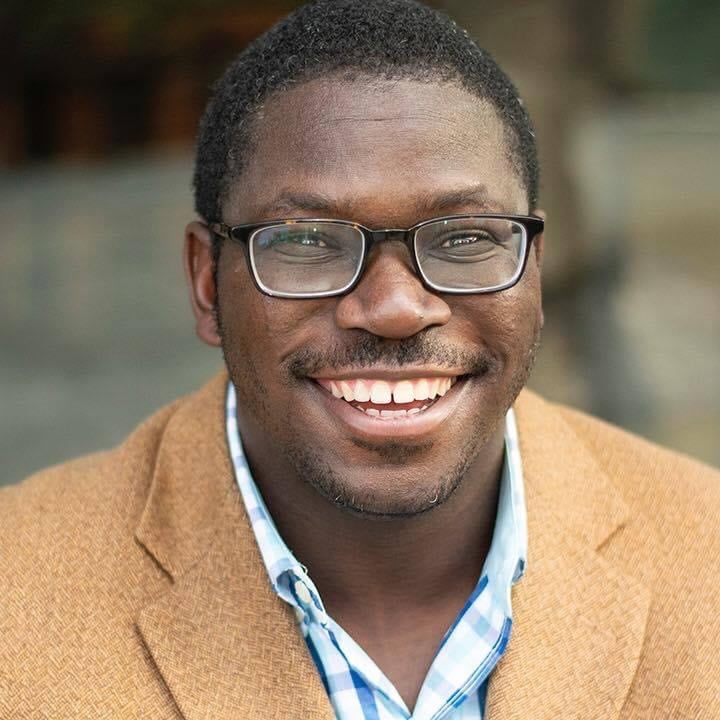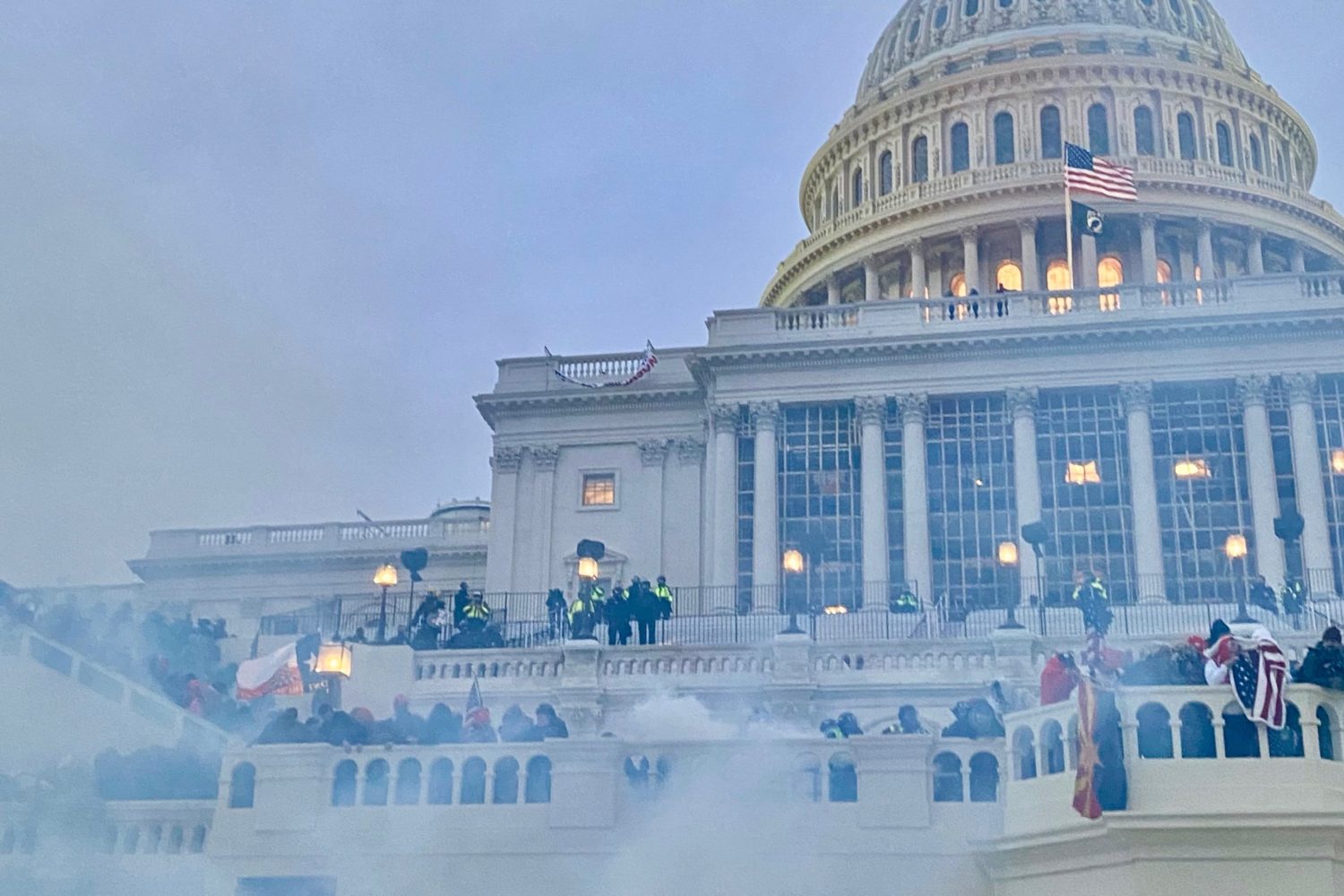On Thursday, the Supreme Court will hear arguments over what appears to be a simple question: “Did the Colorado Supreme Court err in ordering President Trump excluded from the 2024 presidential primary ballot?”
“I don’t think the legal case is that complicated or is as complicated as people make it seem,” says Donald K. Sherman, who will be in court Thursday as a lawyer for Norma Anderson, the face of the case Trump v. Anderson. Sherman is the executive vice president and chief counsel of Citizens for Responsibility and Ethics in Washington, the watchdog group that in 2022 began to lay the groundwork for a constitutional challenge to Trump’s third bid for the presidency based on Section 3 of the 14th Amendment—a Reconstruction-era clause written to prevent former Confederates from holding office.
“The history of the 14th Amendment is clear,” Sherman says. “Our country had just survived a civil war where 700,000 Americans died. And they did not want the leader of that insurrection, notably Jefferson Davis, to be able to reenter government, and especially to become president of the United States.”
Section 3 has been in a “long slumber” ever since, the originalist law professors William Baude and Michael Stokes Paulsen wrote in an influential article last year that concluded that Trump had engaged in either an insurrection or a rebellion by encouraging his fans to stop Congress from certifying his loss on January 6, 2021, and that he was thus not qualified for office. The conservative legal scholar J. Michael Luttig has concurred, telling Politico last year that the Colorado Supreme Court decision that knocked Trump off the state’s ballot last year is “unassailable in every single respect under the Constitution of the United States.” The question before the court, Sherman says, is “Whether Section 3 of the 14th Amendment is a vibrant part of the Constitution, or whether it will ostensibly be written out of the law.”
One frequent argument against the 14th Amendment gambit—in fact, it’s Trump’s argument—goes, in essence, Keep the courts out of it. Let the voters decide. Sherman, perhaps not surprisingly, was ready for that one when we spoke Tuesday evening: “The voters don’t get to decide whether Barack Obama gets to run for a third term,” he says. “They don’t get to decide whether Arnold Schwarzenegger gets to become president, right? The Constitution has qualifications within it that limit who the people get to vote for.” Anyway, the whole reason the nation is in this pickle, he says, “is because we had a free and fair election, and Donald Trump refused to accept the results of that election.” Trump, he adds, “had no problem abiding the Constitution when it gave him the presidency despite losing the popular vote. But now that the Constitution threatens his political future based on his own conduct, he has a problem with it.”
Many legal experts consider Anderson’s case something of a long shot. The court is already facing a confidence of public crisis, Alec Winshel writes in Slate, and “would risk too much” by endorsing the Colorado high court’s decision. Minnesota, Oregon, and Michigan have decided in favor of Trump remaining on their ballots in similar cases, though Maine’s secretary of state barred him from its ballot late last year. That decision is also under a challenge in which the Supreme Court’s decision will weigh heavily. In 2022, CREW successfully represented New Mexico residents who contended that a county commissioner who took part in the January 6 riot should be removed from office. “Every tribunal that has reached the question, whether January 6 was an insurrection against the Constitution, found that it was,” Sherman says.
I asked Sherman whether what’s next for CREW if Anderson’s case doesn’t prevail. “We are prepared to abide the results,” he says. “We got here because Donald Trump refused to abide by the Supreme Court’s decision in Texas v. Pennsylvania, where they refused to hear Texas’s challenge to Pennsylvania’s election results. We are here because the former president resorted to violence after all legal avenues, including at the highest court in the land, were no longer available to him. So I think the real question is, if we win, will the former president abide the results?”




















